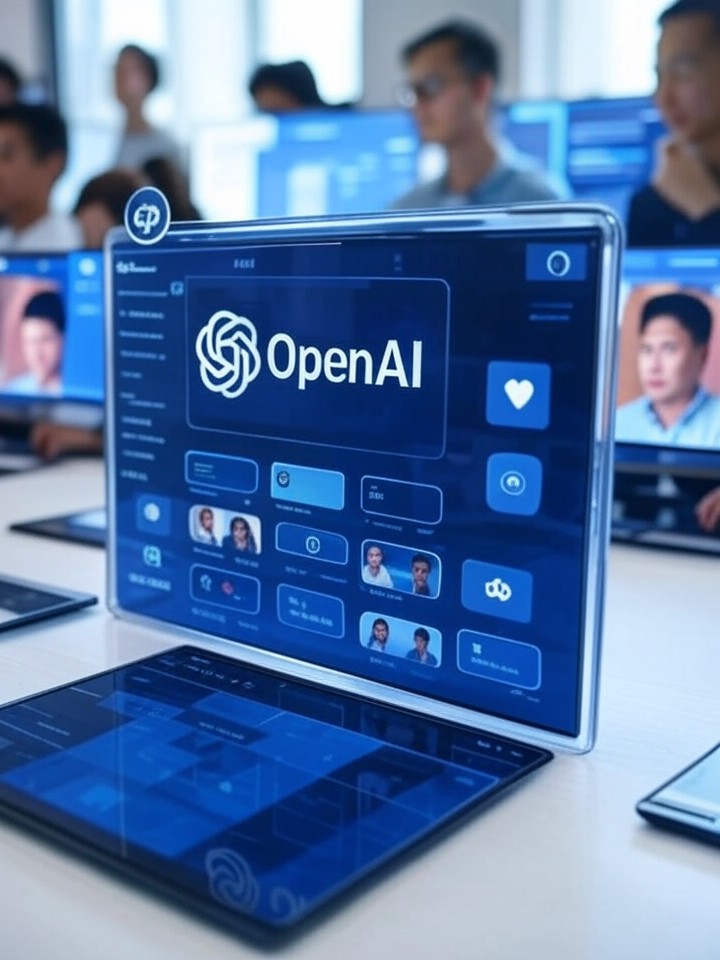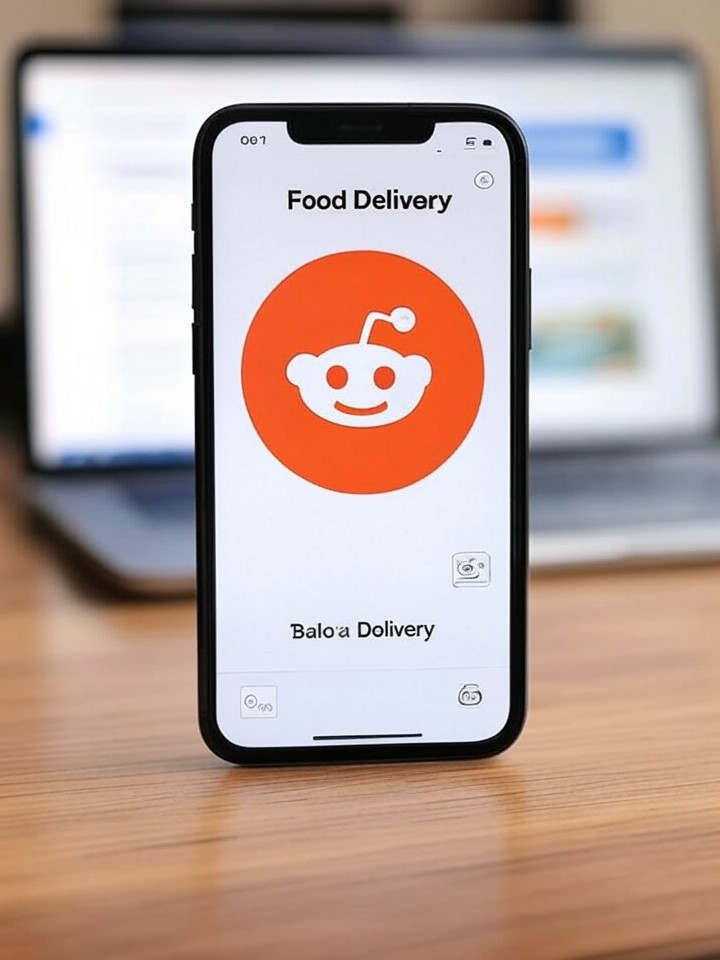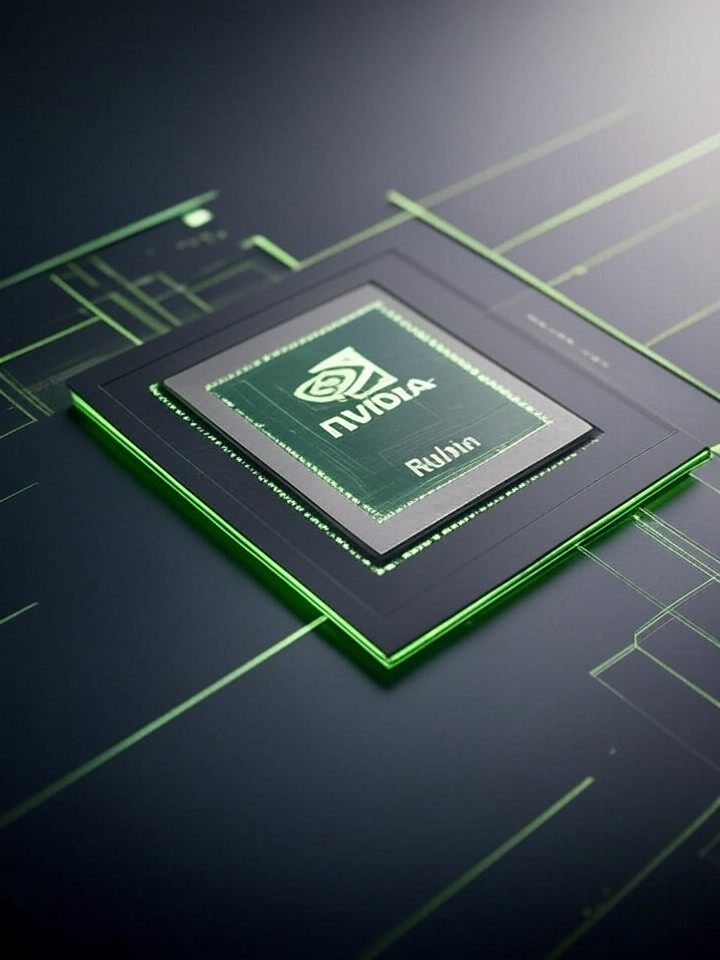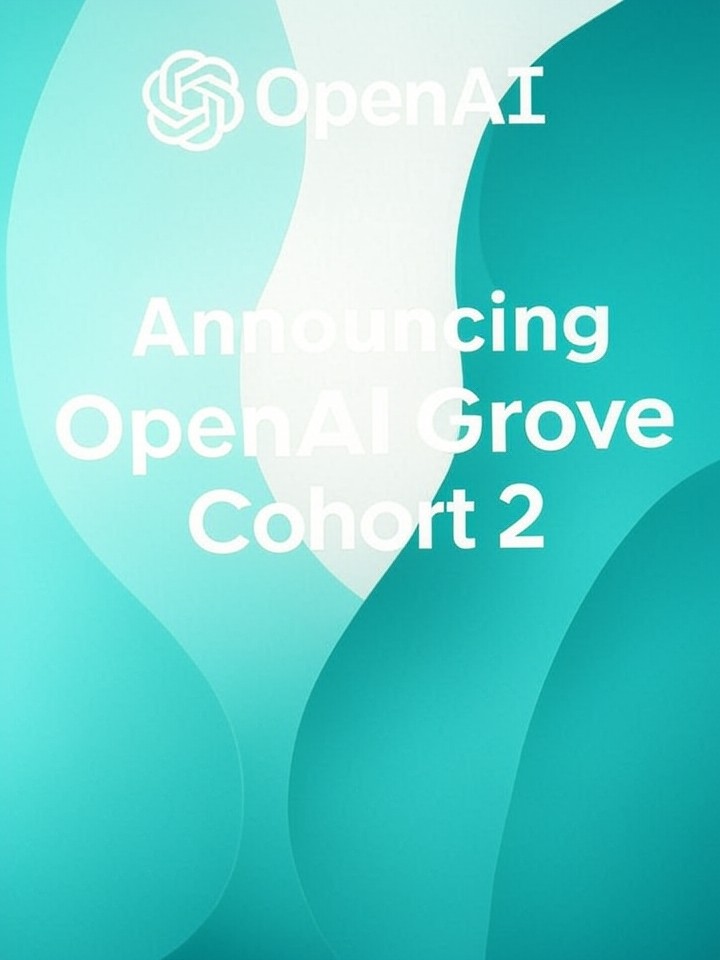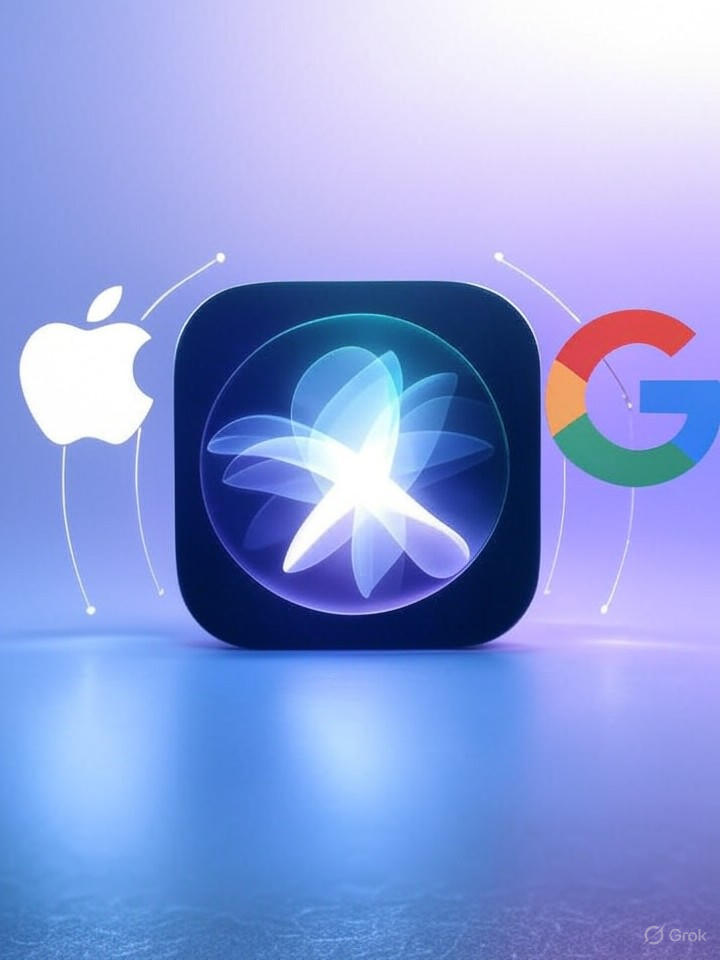Apple and Google Join Forces: Siri Set for a Major AI Overhaul Using Gemini Technology
Apple is setting the stage for one of its most ambitious artificial intelligence (AI) projects yet — a complete transformation of its iconic voice assistant, Siri. According to reports, the company plans to integrate a customized version of Google’s Gemini model into its ecosystem to enhance Siri’s intelligence and expand its capabilities. This groundbreaking move could mark a turning point not only for Apple but also for the broader AI industry, signaling a future in which collaboration between major tech rivals becomes essential for innovation.
The Future of Siri: Powered by Google’s Gemini AI
For years, Siri has played catch-up to competitors like Google Assistant, Amazon Alexa, and newer entrants such as ChatGPT and Claude. Apple’s voice assistant, while functional for basic commands, has lagged behind in contextual reasoning and conversational fluency. The rumored integration of Google’s Gemini model changes that equation entirely. Gemini, Google’s latest large language model (LLM), was built to handle complex reasoning, text summarization, and multi-step planning—three core areas where Siri has historically struggled.
Sources suggest that Apple may invest approximately $1 billion per year for access to Gemini’s technology. This substantial investment underscores the company’s commitment to enhancing user experiences and keeping pace with rapid AI advancements shaping consumer tech. The updated version of Siri could debut with new capabilities such as personalized summarization of messages, enhanced contextual understanding, and advanced voice-based task management.
Why Apple Is Partnering with Google on AI
On the surface, it might seem surprising that Apple—known for its tight ecosystem and preference for in-house solutions—is turning to a competitor like Google for AI support. However, the decision makes strategic sense. Apple’s AI team has made significant progress with its internal models, including those developed for on-device intelligence, but generative AI requires vast datasets, immense computing power, and advanced model architecture.
Google’s Gemini, trained on a combination of multimodal data sources (text, image, and video), provides a level of general intelligence that can immediately expand Siri’s potential. By integrating Gemini, Apple gains access to a fully matured LLM infrastructure without needing to start from scratch. At the same time, Apple can maintain privacy and performance advantages by running parts of Gemini locally on devices, combining the best of both ecosystems.
How the Partnership Could Work
The collaboration model between Apple and Google will likely involve layered processing. Apple’s devices, powered by its custom silicon chips, will handle lightweight AI tasks directly on-device. More complex generative tasks—such as summarizing long email threads or creating personalized schedules—may rely on Gemini’s cloud-based processing under Apple’s strict privacy protocols. This hybrid approach ensures that the majority of user interactions remain secure while still benefiting from Google’s large-scale AI infrastructure.
Potential Benefits for Siri Users
The implications of this upgrade for everyday users are significant. Below are some of the key improvements expected from the next-generation Siri:
- Smarter Task Management: Siri could automatically generate contextual task lists, set reminders based on conversation content, or plan events using data across Apple apps like Calendar and Notes.
- Advanced Summarization: With Gemini’s natural language summarization capabilities, users may be able to ask Siri to summarize long documents, news articles, or email chains into concise overviews.
- Enhanced Conversational Flow: Siri could finally sustain multi-turn conversations, understanding user intent across several exchanges rather than just one command at a time.
- Personalized Assistance: Future iterations of Siri might learn from user habits to provide proactive suggestions and context-aware assistance, akin to what modern AI chatbots already offer.
Impact on the AI Ecosystem
The potential Apple-Google partnership represents a dramatic shift in the competitive AI landscape. For years, these companies have operated as rivals across domains—mobile operating systems, search engines, and cloud services. However, as generative AI becomes central to user experience, collaboration appears to be a pragmatic choice. This move could set a precedent for more cross-company AI development agreements where technological synergy outweighs corporate rivalry.
Apple’s rumored partnership might also influence other tech giants to adopt similar collaborative strategies. Companies like Microsoft, OpenAI, and Amazon have already demonstrated that rapid innovation often depends on shared technological foundations. For consumers, such collaborations could mean faster access to more powerful AI features embedded directly into their favorite devices and software.
Balancing Innovation with Privacy
Apple’s strict stance on user privacy has long been one of its strongest differentiators. The company takes pride in minimizing data collection and keeping sensitive information encrypted on user devices. Integrating Gemini’s capabilities while maintaining this philosophy will be a critical challenge. Reports suggest that Apple will implement a dual-architecture approach—ensuring that any data sent to the cloud for Gemini processing remains anonymized and isolated from user-identifiable information.
This architecture not only aligns with Apple’s privacy principles but also enhances consumer trust in AI tools that rely on third-party infrastructure. As privacy becomes a growing concern in the AI era, maintaining transparency will be key to user adoption.
What This Means for Developers and the Apple Ecosystem
Developers could soon gain access to a much more capable Siri interface through updated APIs and frameworks. With smarter context recognition, developers might integrate Siri’s new functions into third-party apps more easily—enabling, for example, natural-language-driven health tracking apps, AI-powered productivity tools, or custom voice-controlled workflows.
In addition, Apple’s broader ecosystem—spanning iPhones, iPads, MacBooks, and the Vision Pro—could all benefit from a unified AI layer. Users might experience more seamless coordination between devices. For instance, a task planned on an iPhone could automatically sync detailed summaries to a user’s MacBook, or a Siri-generated event plan might appear within Apple Maps for location-based reminders.
How Gemini AI Could Transform Apple’s AI Roadmap
Integrating Gemini could also accelerate Apple’s long-term AI strategy beyond Siri. The company’s engineers have already been developing an internal model known as “Ajax”—an underlying LLM intended to power the next generation of Apple Intelligence features. By combining its own models with those of Google’s, Apple stands to create a hybrid system that capitalizes on the strengths of both companies: Gemini’s general capability and Apple’s device-level efficiency.
This hybrid approach might eventually extend beyond voice assistants into tools like Apple Music recommendations, real-time language translation, adaptive learning in apps, and even AI-driven image generation for creative applications.
Industry Response and Market Implications
Analysts predict that Apple’s partnership with Google could reshape competitive dynamics in the smartphone market. With OpenAI’s ChatGPT gaining traction through Microsoft integrations and Google rapidly expanding Gemini across its product suite, Apple’s collaboration serves as a strategic move to remain relevant in the generative AI race. If successful, it could lead to new revenue streams for both companies while enhancing user satisfaction across millions of iDevices worldwide.
Investment in cross-platform AI could also boost market confidence. Tech observers believe that the combined resource power of Apple and Google could push the boundaries of what’s possible with consumer-facing AI, leading to new innovations in real-time data summarization, predictive computing, and multimedia understanding.
Conclusion: A New Era for Apple, Siri, and AI Collaboration
The rumored alliance between Apple and Google around the Gemini model could herald a new chapter in artificial intelligence for mobile technology. For users, the changes promise smarter, faster, and more intuitive Siri interactions. For the industry, it reflects a growing recognition that no single company can singlehandedly lead the AI revolution. Collaboration, when paired with strong privacy and design principles, may be the key to unlocking the full potential of generative technology.
As Apple prepares to unveil this next evolution of Siri, consumers around the world are poised to experience a more powerful digital assistant—one that combines Apple’s signature simplicity and privacy-first design with Google’s cutting-edge AI intelligence. The result could redefine what users expect from their devices and set a new standard for artificial intelligence-driven interactions in the years ahead.


